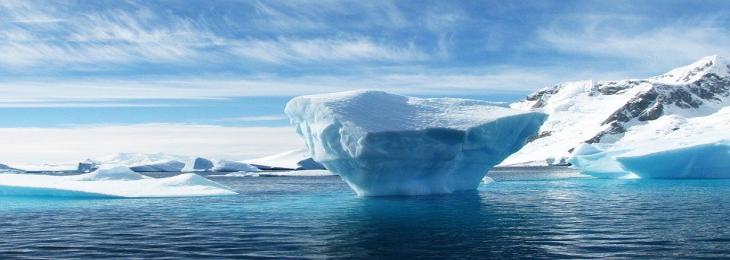Jul, 2021 - By WMR

According to the expert, this area may be the last refuge for ice-dependent species, so if our research shows that it is more vulnerable to climate change than previously thought that is significant.
The Arctic is suffering the burden of climate change as much as any other place on Earth, with Siberian heatwaves, rapidly disappearing ice, and a warming trend three times that of the rest of the world. The "Last Ice Area," a place where summer sea ice is projected to last the longest and hence operate as a refuge for species that depends on it, is one ray of hope.
In recent years, record-breaking temperatures have coincided with record-low Arctic sea ice coverage, prompting some scientists to speculate that the rate of change is so swift and exceptional that the Arctic is approaching a totally new climate state.
A scientists from Washington University sea ice moves through the Arctic in a predictable rhythm, eventually accumulating at the coasts of Greenland and northern Canada. When climate projections are projected ahead over the next century, that location has the greatest chance of having ice survive the summer.
Schweiger and his co-authors concentrated their research on the Wandel Sea, a section of the Last Ice Area that has traditionally been covered in thick, multiyear ice all year. The ice has been progressively diminishing here, as it has throughout the Arctic. However, satellite readings made on August 14, 2020, in late local summer, have showed a record low of only 50% sea ice cover.
While the findings aren't encouraging for the long-term health of this vital Arctic region, the scientists stress that they can't be applied to the entire region. Many other topics remain unanswered, such as how increased open water in the Last Ice Area would influence ice-dependent animals' behaviour.
During the winter and spring of 2020, there were sections of older, thicker ice that had drifted in, but there was enough thinner, fresher ice that melted to expose Open Ocean, which started a cycle of collecting heat energy to melt additional ice, despite the thick ice.

We will be happy to help you find what you need. Please call us or write to us: